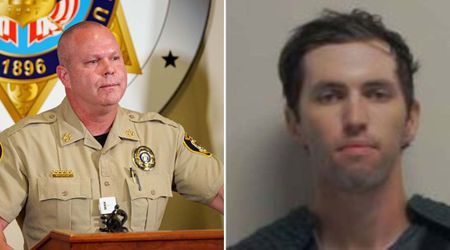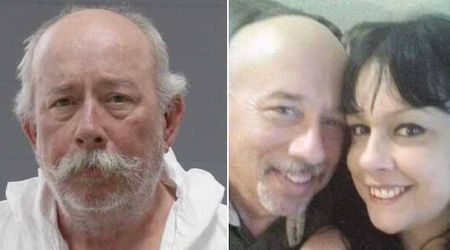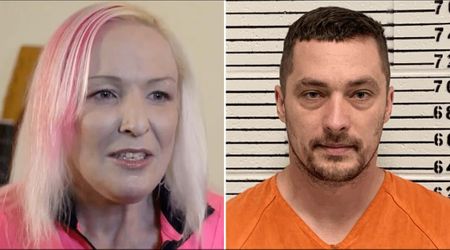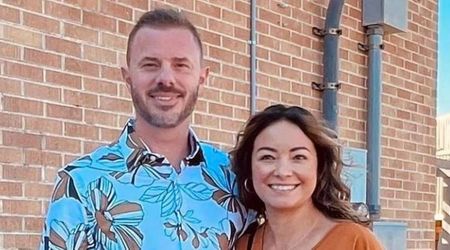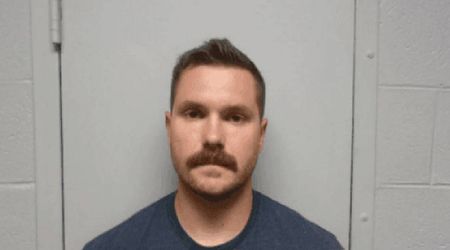Anderson Aldrich: Colorado shooter who killed 5 at LGBTQ+ club enters plea deal to escape death penalty
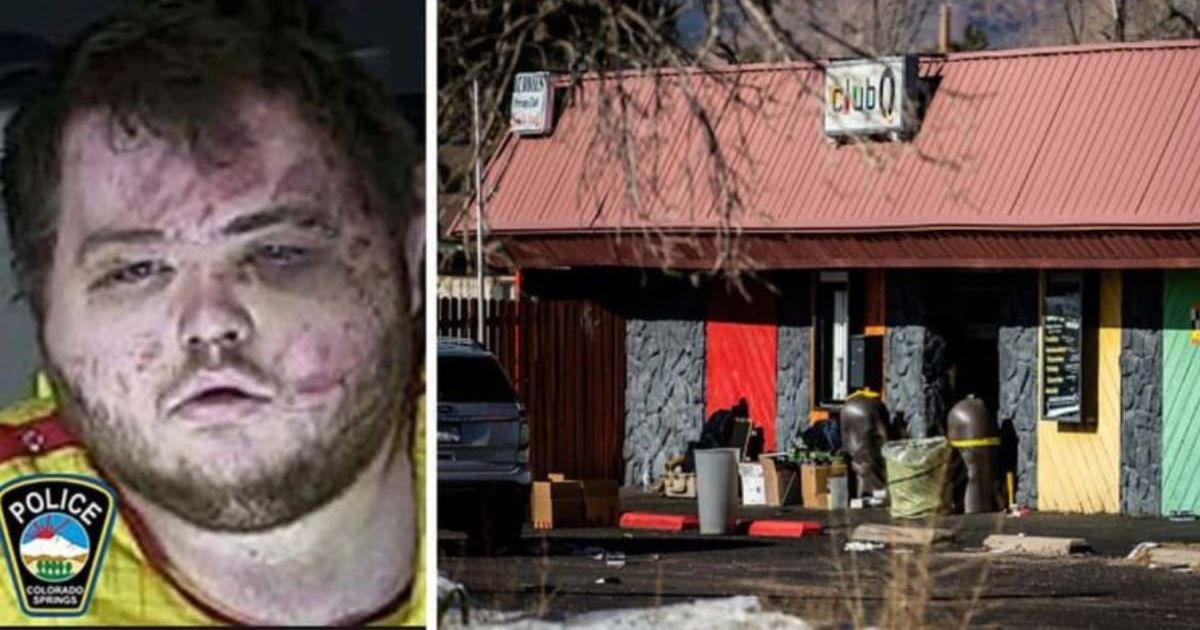
COLORADO SPRINGS, COLORADO: Anderson Aldrich, the individual responsible for the tragic incident at a Colorado Springs LGBTQ+ nightclub that claimed the lives of five people and endangered over 40 others, has agreed to plead guilty to federal hate crimes and firearm violations.
The shooter, 23-year-old Aldrich, made a deal with prosecutors to plead guilty to 50 hate crime charges and 24 firearm violations under the agreement.

Plea deal seeks to spare Anderson Aldrich from death penalty
The plea deal, subject to the judge's approval, aims to spare Aldrich from the death penalty. If approved, the shooter would face multiple life sentences in addition to a 190-year sentence. The court unsealed the plea agreement on January 9, following the shooters' initial not-guilty plea in court.
Previously, in June, Aldrich was sentenced to life in prison after pleading guilty to state charges of murder and 46 counts of attempted murder. Each count represented an individual present at Club Q during the attack on November 19, 2022.
This development comes shortly after federal prosecutors announced their intent to seek the death penalty in another hate crime case, involving Payton Gendron, 20, a white supremacist who killed 10 Black people in Buffalo, New York.
Victims of LGBTQ+ club shooting families seek justice
Ashtin Gamblin, a survivor who was shot nine times and seriously wounded in the attack, attended the hearing and labeled the shooting as a hate crime.
Aldrich, who identifies as nonbinary and uses they/them pronouns, previously pleaded no contest to state charges for hate crimes. These pleas were made under a plea agreement, acknowledging the likelihood of conviction without admitting guilt.
Ashtin expressed her belief that Aldrich should face the death penalty, emphasizing the psychological impact of having to "sit with the thought of not knowing when" they would die or that they could die "at any day or any time."
The federal charges, including hate crimes and firearm violations, will serve as a deterrent, sending a clear message against violent acts targeting the LGBTQ+ community.
Despite the pursuit of justice, the victims and their families acknowledge that it cannot undo the harm inflicted by the bullets fired during the tragic incident.
Jeff Aston, who participated remotely in the hearing, expressed his sentiments about the tragic loss of his son, Daniel Aston, who was shot and killed during the attack.
Aston characterized the incident as "a hateful, stupid, heinous, and cowardly act." He emphasized his desire to witness Aldrich endure suffering comparable to what the victims and their families have experienced.
Michael Anderson, who was tending bar at Club Q when the shooting occurred, shared his perspective on the federal charges.
He believes that these charges will send "a message to people who want to commit violent acts against this community, and lets them know this is not something that is swept away or overlooked.”
“No matter how much justice is served statewide or federally, it can’t undo bullets fired,” AP reported.
The attack prompted a Navy officer and an Army veteran to intervene, ultimately stopping the shooter and preventing further harm. While the guilty plea addresses federal charges, the investigation into the attack continues, with an autopsy planned to determine the exact cause of death for the victims.

